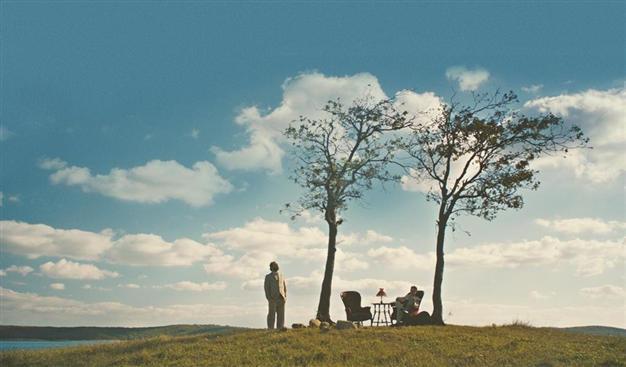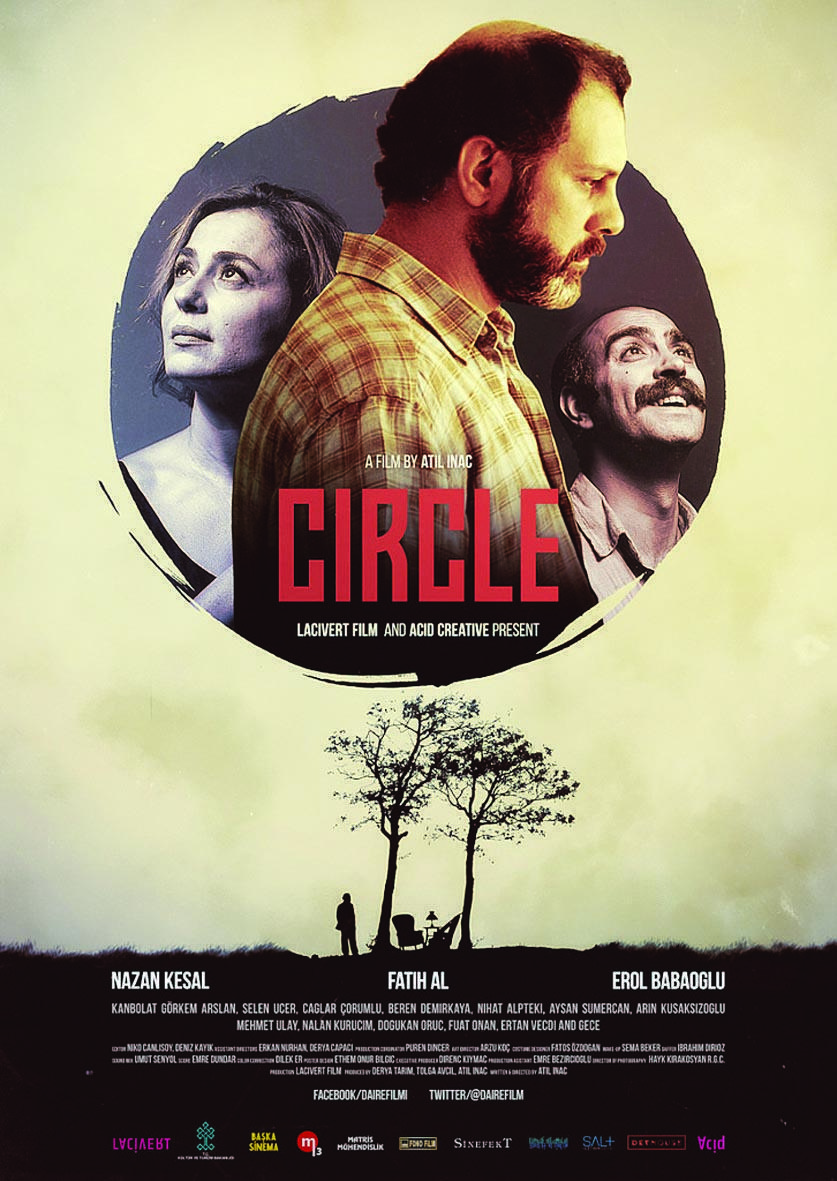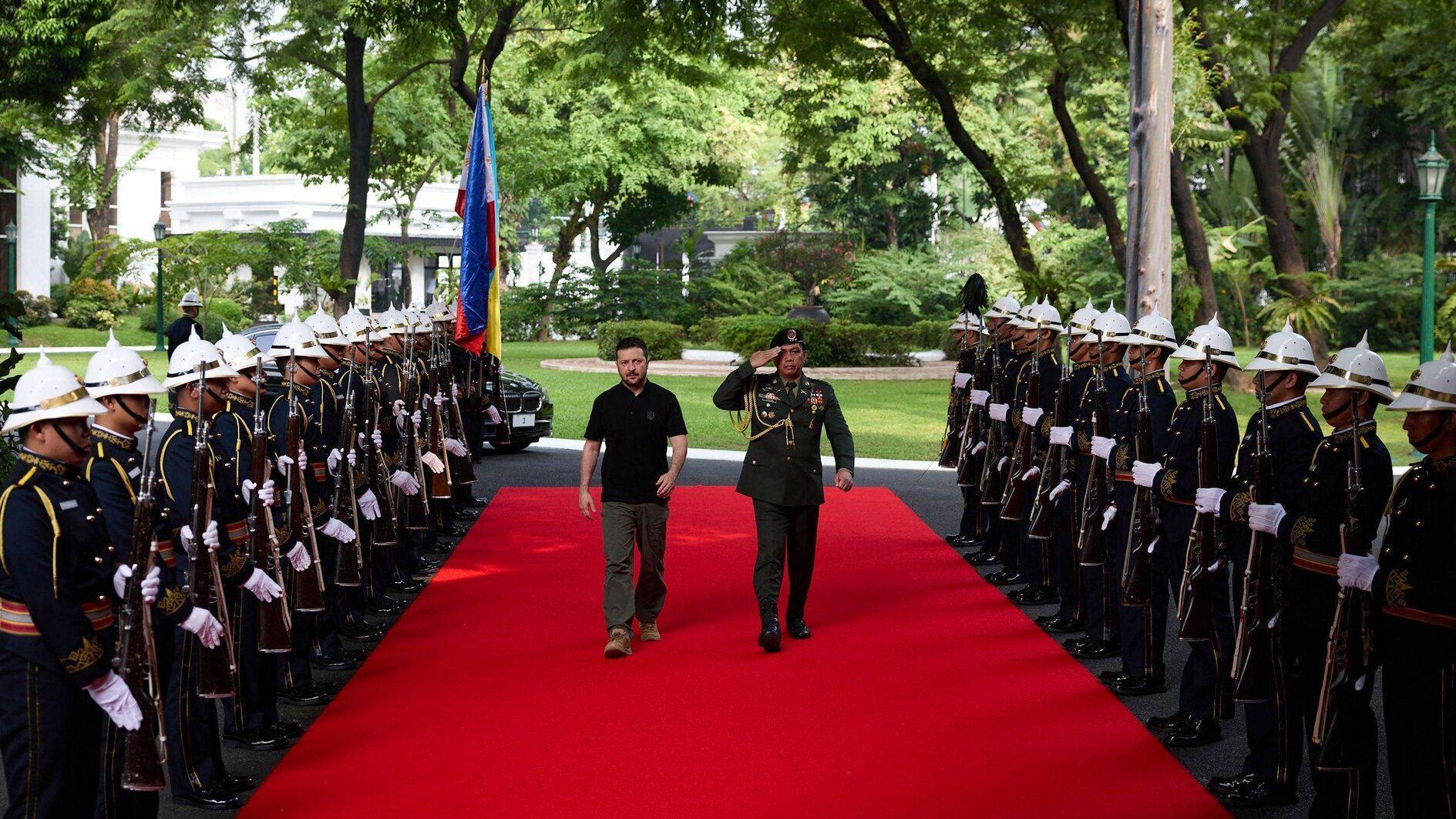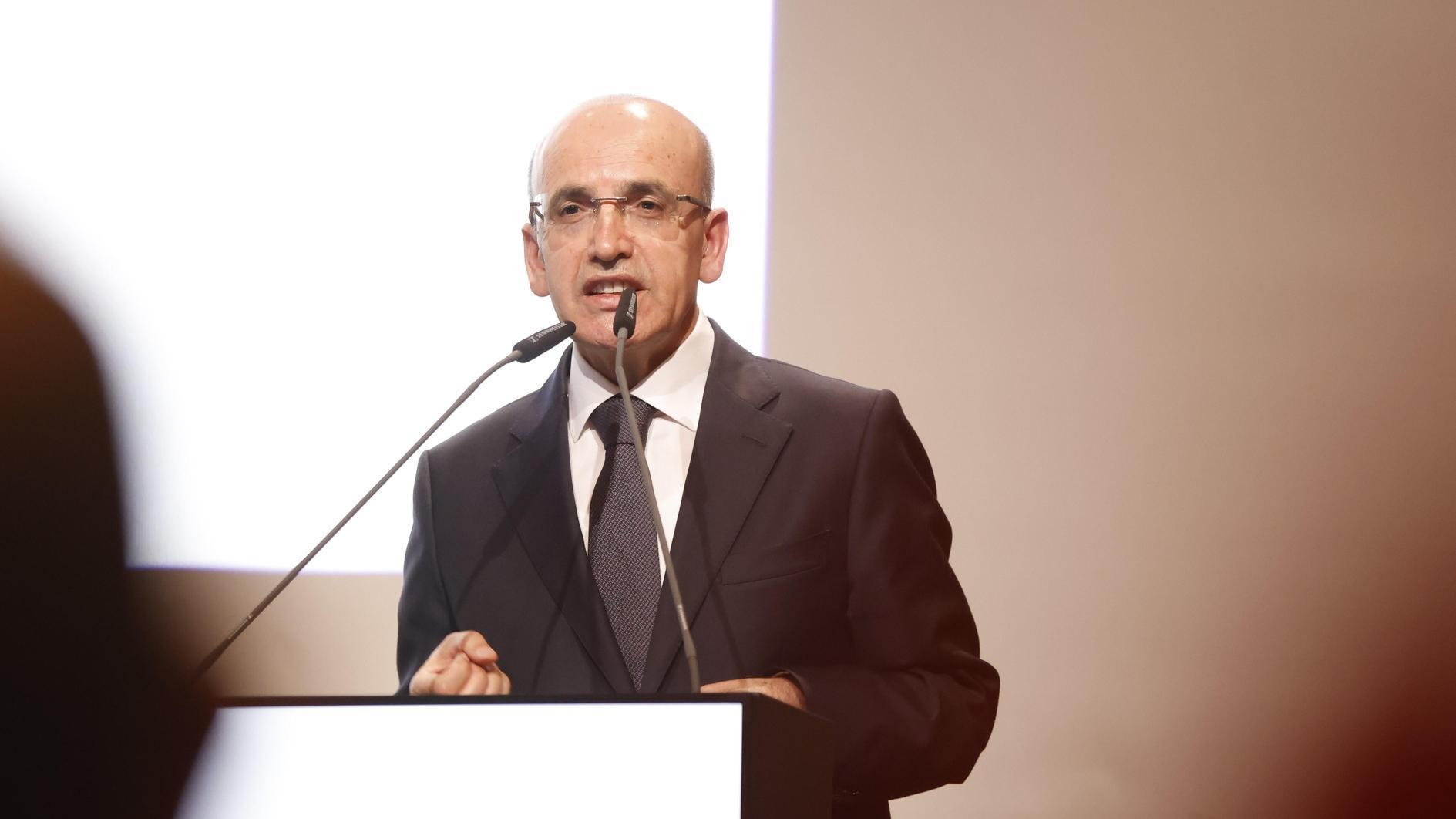‘Circle’: Finding hope in the most bizarre places
Emrah GÜLER

In ‘Daire,’ highways and railroads give way to an idle airport in which the leading character works as a security guard.
Lonely and broken men working in jobs that are even lonelier have been in focus in Turkish films in the last couple of years. Feramus (played by Fatih Al) is the latest of these leading characters in a string of films featuring men in jobs that help connect people across regions but ironically leave them drained and alone.Before looking into this week’s new release, “Daire” (Circle), which had its premiere last September in the Adana Golden Boll Film Festival, going on to win Film Directors Association’s (Film-Yön) best film and best director awards, let’s take a look at the two predecessors.
Tolga Karaçelik’s debut feature of 2010, “Gişe Memuru” (Toll Booth), featured, you guessed it, a clerk in a toll booth connecting the endless highways spread throughout Turkey. With its painfully repetitive but intense nature, the job didn’t make life easier for the detached and introverted leading character, Kenan (Serkan Ercan). As he collects money from the vehicles, lifts and lowers the guard arm and lets cars and trucks continue along their route day in, day out, reality and dreams soon become one in Kenan’s humdrum life. Another debut feature, “Küf,” which won director Ali Aydın the Lion of the Future Award at the Venice Film Festival in 2012, was yet another deep, and often times painful, study of one of the loneliest characters to come to Turkish cinema. Ercan Kesal’s Basri was a railroad inspector, a job that confined him to even more solitude after having his son “disappear” under custody 18 years ago and becoming a widower soon after. Kesal’s unassuming acting at once drove the audience to an urgent desire to connect with this heartbroken man and run as far away as possible.
In director and writer Atıl İnaç’s “Daire,” highways and railroads give way to an idle airport in which the leading character works as a security guard. Feramus leaves behind his academic life and comes back to his hometown in the hopes of connecting with his father and his estranged son, only to find out about his father’s death. The land left to him from his father becomes a nightmare of bureaucracy, taking him to the bowels of a Kafkaesque journey.
 Defying death, and shrouding the dead
Defying death, and shrouding the deadIn this journey, he finds unlikely companions, both lost in the changing face of a country, both facing obstacles in raising children, and both trying to survive in odd jobs. Arif (Erol Babaoğlu) works with him in the airport, but his real moneymaking talent lies in a show in pubs and coffee houses where he hangs himself and nearly chokes to death. Betül (Nazan Kesal), also the love interest of Feramus, is left unemployed as the small state theater in the town is shut down. The only job she could find from the state is preparing, washing and shrouding the dead for burial.
As the lives of the three intersect, they try to find hope in the most unlikely places. “‘Circle’ is the story of people in the characters of Feramus, Arif and Betül who conjure up interesting solutions to the extraordinary situations and obstacles generated by the turn of the social wheel,” according to the film’s production notes.
Suffocation the audience
A critique of the state and the system from daily obstacles to more grand schemes, Atıç goes on to write: “When the system we inhabit generates weird and incomprehensible obstacles and regularities, we tend to strive to adapt to the system instead of trying to change it. We strive to survive by creating weirder and extraordinary solutions.”
These “weirder and extraordinary solutions” in the film at once suffocate the audience, and provide much-needed humor. Their jobs, survival techniques, and helplessness in the face of simple daily needs become a source of angst, but occasionally put a smile across the faces of the audience. “This attitude is the hope for hopelessness, solution for insoluble. Against the backdrop of a slow justice system, unruly work life, and complexity of the social system, the individual is forced to be alert, take risks, and think the unthinkable,” said İnaç.
“Daire” will strike many chords in today’s Turkey.
















